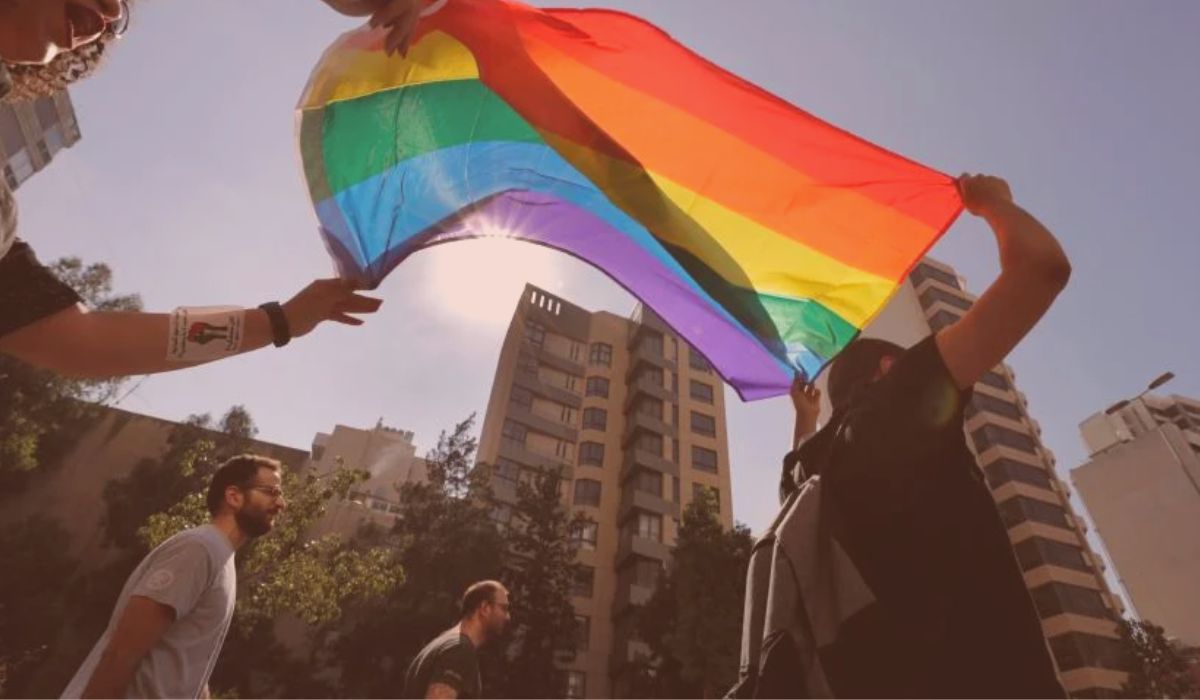LI Network
Published on: 19 August 2023 at 17:42 IST
The Karnataka High Court has declined the plea to quash an abetment of suicide case against three individuals accused of subjecting their colleague to harassment due to his sexual orientation.
The court, presided over by Single-judge Justice M Nagaprasanna, emphasized the significance of understanding the struggles faced by individuals from the LGBT community.
Justice Nagaprasanna recognized the profound sensitivity of LGBT individuals who often experience feelings of ostracism and psychological distress.
The court stressed that such individuals should be treated with compassion and respect, shedding light on the necessity of embracing diversity.
The ruling stated, “If every citizen would treat such citizens with all love and care, as is done to a normal human, precious lives would not be lost.”
The decision further emphasized that cases involving abetment to suicide must be evaluated on a case-by-case basis, considering the unique circumstances of each situation. There is no universal parameter for interference in such cases, the court noted.
Tragically, the case under consideration involved the loss of a young life, apparently due to the alleged harassment stemming from the victim’s sexual orientation. The court urged society to be conscious of the impact of their interactions, underlining that all individuals, regardless of their background, deserve equality and respect.
The deceased individual took his own life on June 3, 2023. Subsequently, his father filed a police complaint, prompting the accused individuals to challenge the complaint in court.
The deceased had previously reported mistreatment by the accused through the Internal Complaints Committee established under the Sexual Harassment of Women at Workplace Act of 2013. The deceased had even left his job due to the distress caused by the harassment.
During the court proceedings, the petitioner’s counsel argued that the victim had expressed grievances, including comments about his sexual orientation. The defense contended that they were not directly involved in the victim’s death, nor did they incite the offense as required by Section 306 of the Indian Penal Code (IPC).
The prosecution countered that due to the loss of life, an investigation was warranted to determine the proximity of the accused to the incident.
The court noted that the petition was filed shortly after the FIR was lodged and that the investigation was still ongoing. The court acknowledged that the allegations were not unsubstantiated and required further examination.
The court concluded that the delicate analysis of human behavior demanded a case-by-case assessment. It cited the Supreme Court’s stance on individual uniqueness in Mahendra KC V. State of Karnataka. Therefore, the court rejected the plea, highlighting the need for thorough investigation.

